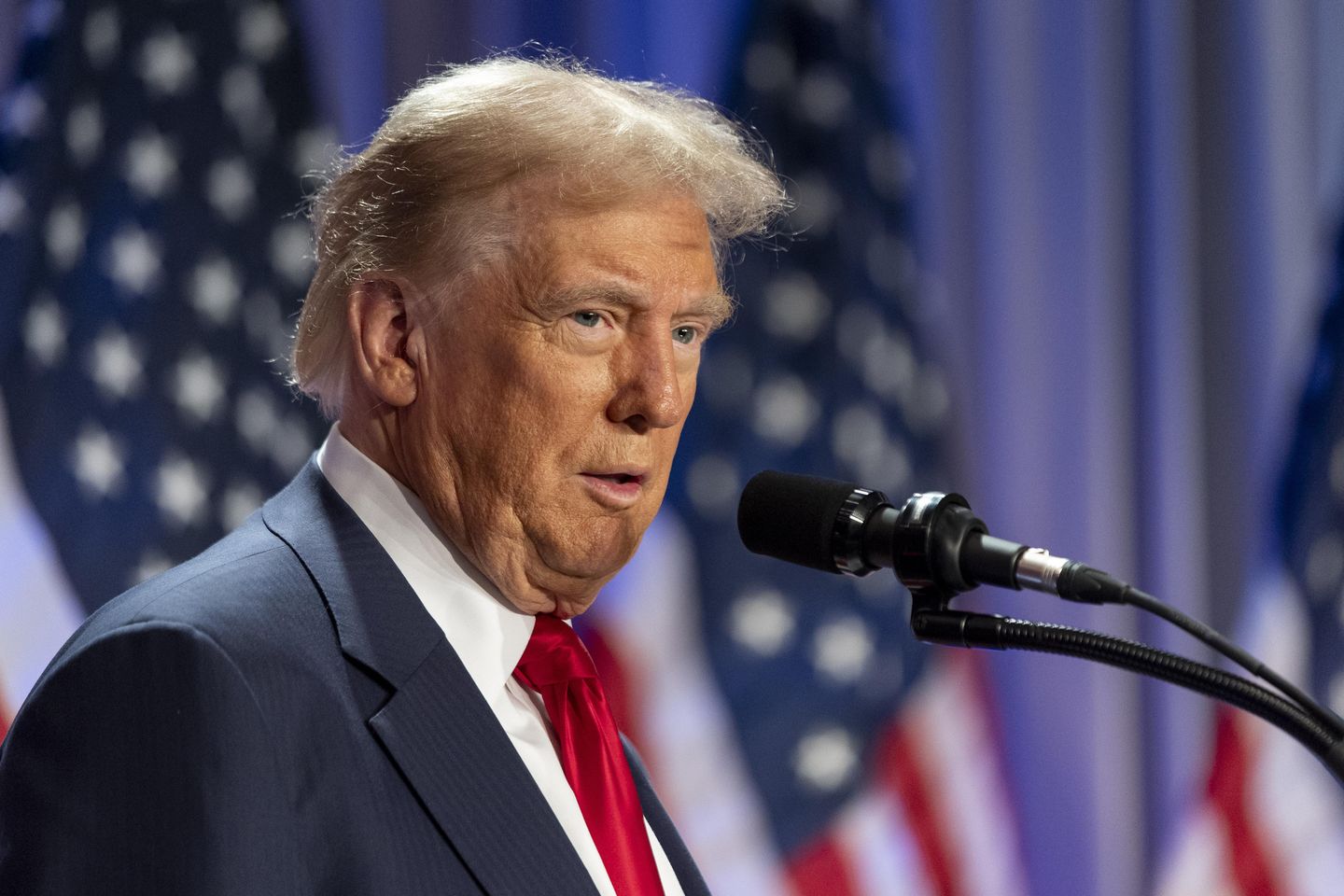Rep. Dan Goldman, a Democrat from New York, is taking a bold step in an effort to impose additional term limits on the presidency. Despite the existing 22nd Amendment, which restricts presidents from being elected to more than two terms, Rep. Goldman believes that further limitations are necessary to prevent any potential abuse of power.
The 22nd Amendment, ratified in 1951, was a response to President Franklin D. Roosevelt’s unprecedented four terms in office. The amendment was intended to ensure that no president could serve more than two terms, thus preventing the consolidation of power in the executive branch. However, Rep. Goldman argues that in today’s political climate, with increased polarization and concerns about authoritarianism, additional safeguards are needed to protect the integrity of the presidency.
Rep. Goldman’s resolution, which he plans to file on Thursday, would impose a strict limit of two terms for any individual serving as president. This would mean that even if a president served less than two full terms, they would still be ineligible to run for a third term. The resolution would also prohibit any individual who has already served two terms from being eligible to run for vice president, a move aimed at preventing a president from circumventing the term limits by running as vice president and assuming the presidency in the event of the president’s resignation or removal from office.
The proposed resolution has already garnered support from several of Rep. Goldman’s Democratic colleagues, who believe that it is essential to prevent the concentration of power in the hands of any one individual. They argue that term limits are crucial for maintaining a healthy democracy and ensuring that elected officials remain accountable to the people they serve.
However, not everyone is on board with Rep. Goldman’s proposal. Some critics argue that term limits are unnecessary and could potentially limit the ability of a popular and effective president to continue serving the country. They point to examples of presidents who have successfully led the country for more than two terms, such as George Washington and Thomas Jefferson, and argue that term limits could deprive the country of strong leadership when it is needed most.
Despite the controversy surrounding the issue, Rep. Goldman remains steadfast in his belief that term limits are necessary to prevent any potential abuse of power. He argues that the presidency is a position of immense influence and authority, and that it is essential to have safeguards in place to prevent any individual from becoming too powerful or entrenched in office. By imposing strict term limits, Rep. Goldman hopes to ensure that the presidency remains a position of service to the people, rather than a tool for personal gain or political manipulation.
As Rep. Goldman prepares to file his resolution on Thursday, the debate over term limits for the presidency is likely to intensify. With strong opinions on both sides of the issue, it remains to be seen whether Rep. Goldman’s proposal will gain traction in Congress and ultimately become law. But one thing is clear: the question of term limits for the presidency is one that will continue to spark debate and controversy for years to come.









